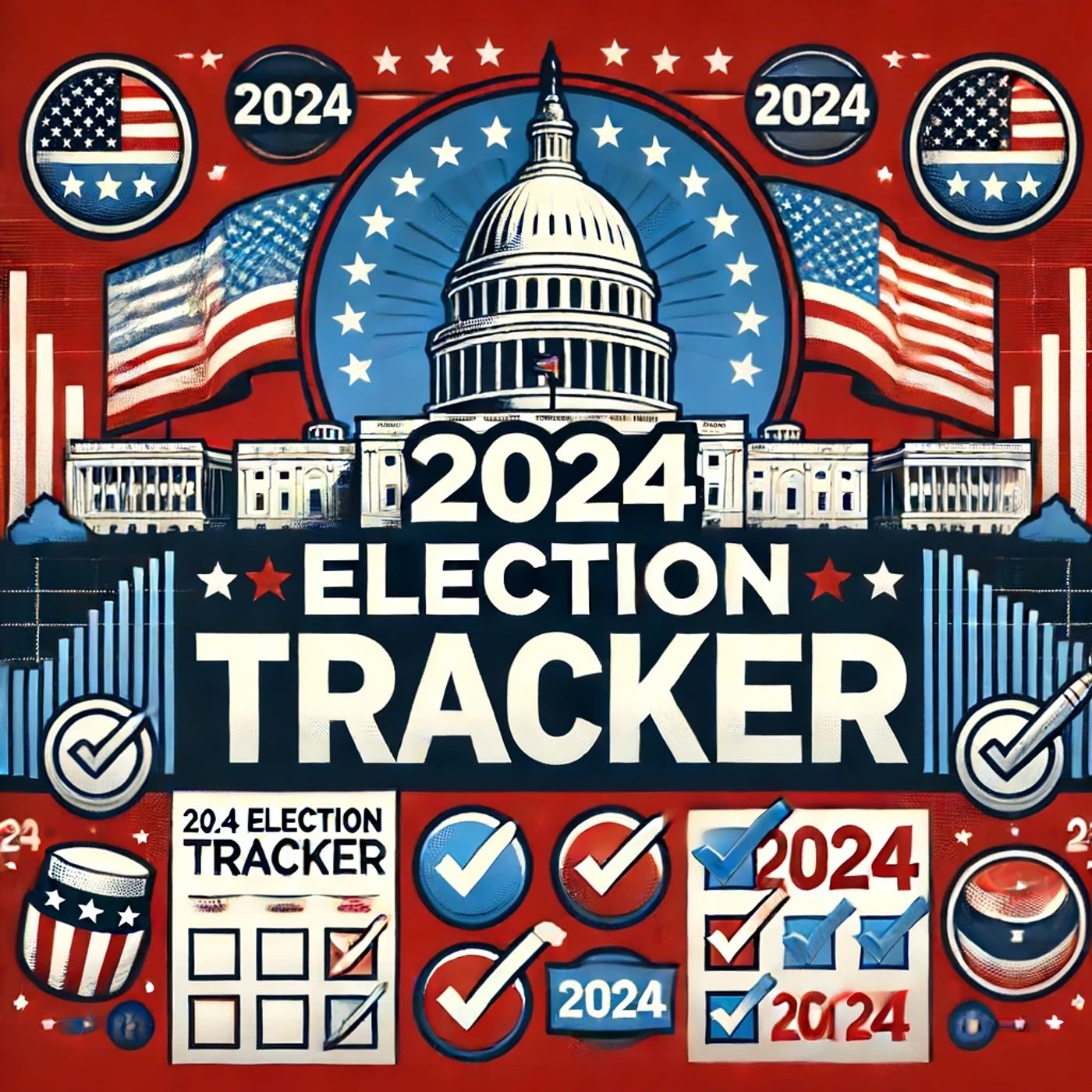
Recalibrating Alliances: Shaping the 2024 U.S. Presidential Race and Global Political Landscape

2024 Election Tracker - US President
Shownotes Transcript
The political landscape surrounding the 2024 U.S. presidential election is already shaping up to be a highly contested and complex battleground, reflecting a period of intense partisan and ideological polarization. Concurrently, the outcome of recent elections in France underscores a similar volatility, showcasing shifting alliances and the continued influence of various political spectrums across the globe.In France, the results of the National Assembly elections marked a significant shift, with the French Left Alliance securing the majority of the 577 seats. This victory was particularly noteworthy as it demonstrated a reversal from the first round of voting where the alliance did not exhibit as strong a performance. This achievement not only highlights the dynamism of French politics but also points to the potential for coalition-building and strategic voting among the left-wing parties in France. The far-right, which seemed to carry substantial momentum in earlier polling and the first-round results, failed to convert this into a definitive victory in the later rounds. Shifting focus to the United States, the Democratic Party appears to be wrestling with internal debates and decisions as the 2024 presidential election looms. Representative Adam Schiff's comments on NBC News suggest a strategic calculation within the party, weighing the potential candidacy of Vice President Kamala Harris against former President Donald Trump. Schiff's emphasis on the need for a decisive win in the upcoming election underscores the pressure the Democratic Party faces to maintain its relevance and resonance among American voters, particularly after a reportedly poor debate performance by President Joe Biden.These discussions are paralleled by suggestions from some quarters, as reported by FOX 5 DC, advocating for President Biden to potentially step aside in the next election cycle. The call for new leadership indicates a division within the party on the best strategy to counter the Republican nominee, especially in light of Trump's enduring influence within his party.The political environments in both France and the United States highlight a critical theme in contemporary politics: the recalibration of traditional alliances and the emergence of new political dynamics. In France, the left has demonstrated an ability to unite and gain a parliamentary advantage, a significant maneuver that could dictate the national agenda and influence the broader European political landscape. In the U.S., the Democratic Party's internal deliberations and strategic positioning reflect not just reactions to past electoral outcomes but also preparations for a highly unpredictable and contentious upcoming election.The outcomes of these political maneuvers will likely have far-reaching implications, shaping not only national policies and leadership but also the international geopolitical landscape. As parties and politicians navigate these complex currents, the global community remains a keen observer of these transitions and their potential global impact.